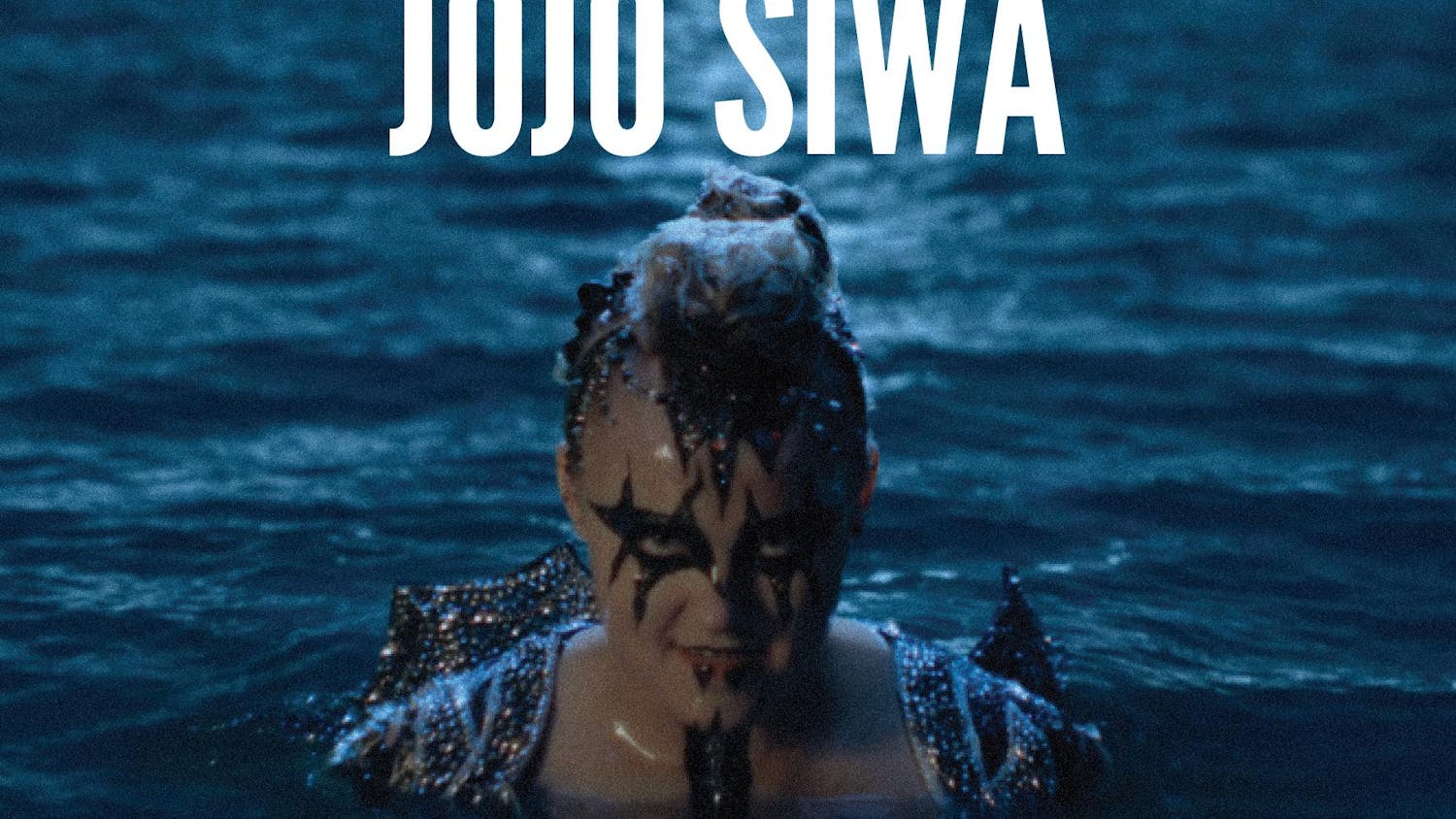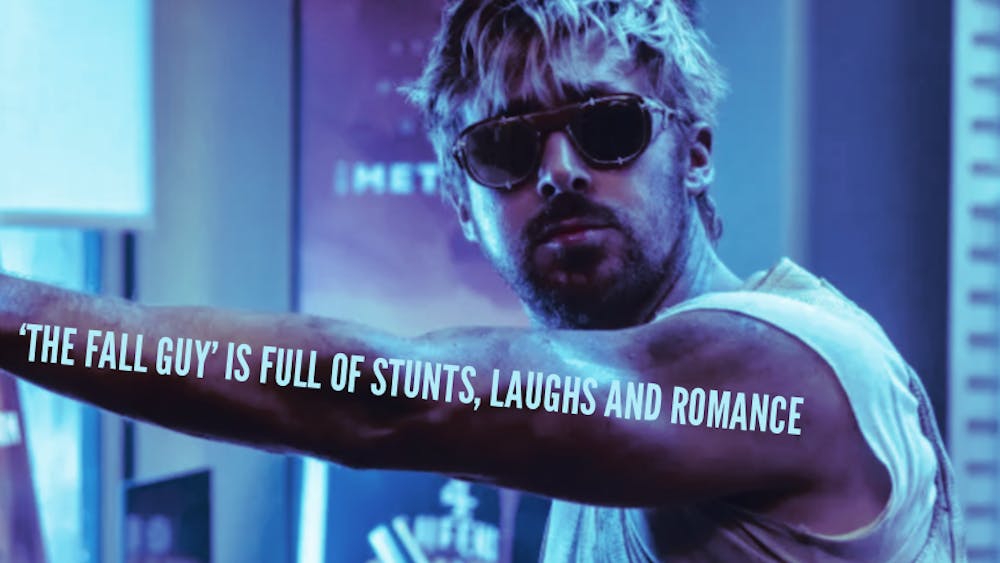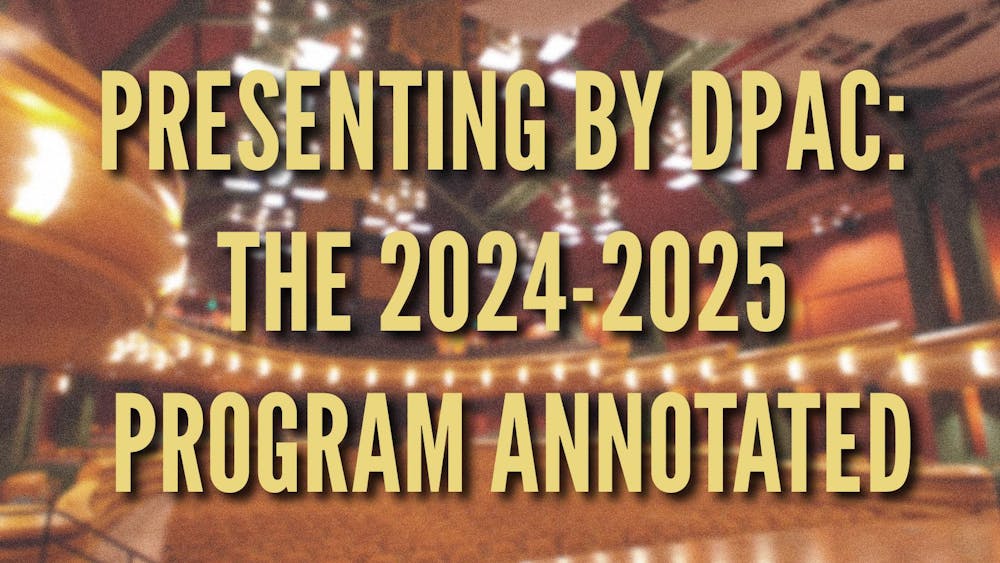Author's Note: This story was originally a recap of Wrestlemania XXVI, which took place on Sunday night. After writing my first draft, I realized the potential audience of that story was only slightly bigger than the group of four guys with whom I regularly watch World Wrestling Entertainment (WWE). Instead, the piece transformed into a defense of professional wrestling illustrated by Sunday night's event.
Professional wrestling is fake — but so is pretty much every show, movie and commercial on television. Tom Hanks never actually stormed the beaches of Normandy, Ross and Rachel never actually got back together and John Cena didn't actually defeat Batista Sunday night for the world title of a legitimate sporting organization.

The vast majority of wrestling fans knows this, but chooses to watch anyway. While wrestling's audience may be skewed towards what is thought of as the "Nascar" demographic, it is by no means because they are fooled by the action on the screen. Instead, just like any other fiction fans, they are drawn in by the story lines and athleticism.
However, just because all the matches are predetermined doesn't mean wrestling is entirely faked. The wrestlers spend most of the year on the road in cramped quarters with a small group of fellow performers. Bad blood is bound to arise.
One of the most famous examples of real world animosity spilling into wrestling storylines was the "Montreal Screw job" in 1997. Bret Hart, the reigning world champion and one of the most popular performers in the business, was supposed to win his last pay-per-view match before leaving the WWE because of WWE's financial troubles.
Vince McMahon, the CEO of WWE, as well as a frequent performer, arranged for Hart to win the match before resigning and handing over the title. McMahon later decided to change the outcome of the match without informing Hart. Under McMahon's orders, the ref called the match early.
McMahon's betrayal was real, as was Hart's exclusion from the WWE. By the time Hart was introduced into the wrestling Hall of Fame in 2006, the personal feud between the two had ended. Earlier this year, Hart made his professional return in the ring with old wounds fresh in his mind. After several weeks of build up, Hart spent Sunday night giving McMahon the beat down he deserved over a decade ago. The excellent mesh of real and scripted emotion provided the WWE with one of the better story lines in recent memory as well as a great match at Wrestlemania.
Professional wrestling is at a unique moment in its history. Two decades ago, wrestling was in its heyday. Superstars embodied by Hulk Hogan had transcended the sport and spilled over into family movies and Sunday morning cartoons. It was family entertainment even if it was lower class.

As big names defected to rival wrestling company World Championship Wrestling (WCW), WWE started experimenting with crass, often sexual storylines. This new direction proved to be a disaster, furthering the popularity of WCW while decreasing the influence of wrestling in popular culture as a whole.
WCW was eventually bought out by WWE as it attempted to return to its former glory. Total Nonstop Action, the most recent start up, is quickly hiring former superstars to build its roster and directly compete with WWE.
The best analogy to professional wrestling is a soap opera: the acting is sub-par and the storylines tend to be cheesy, but the elements work more often than not. Pro wrestling provides entertainment that is second to none.












